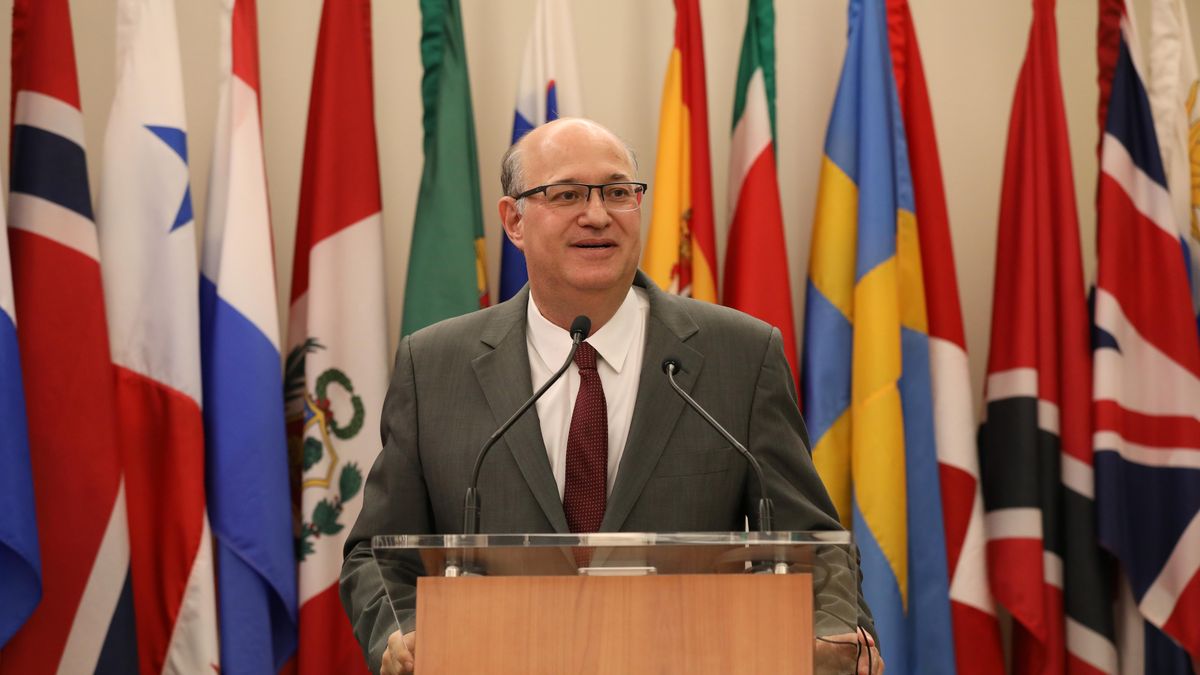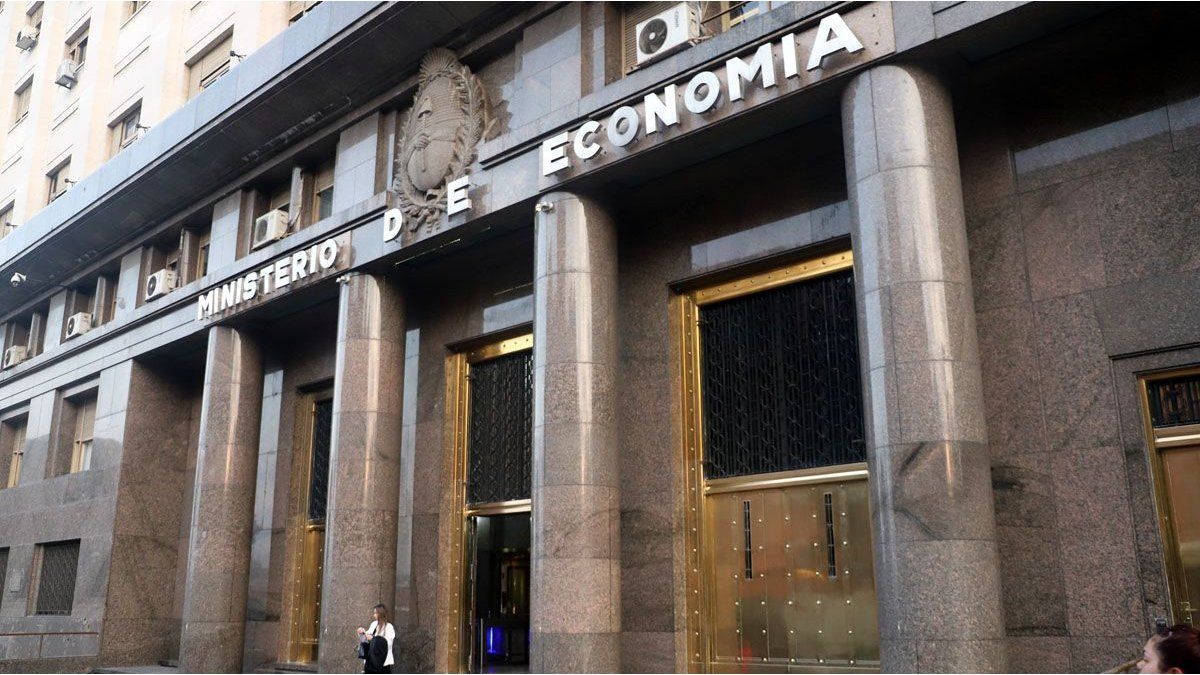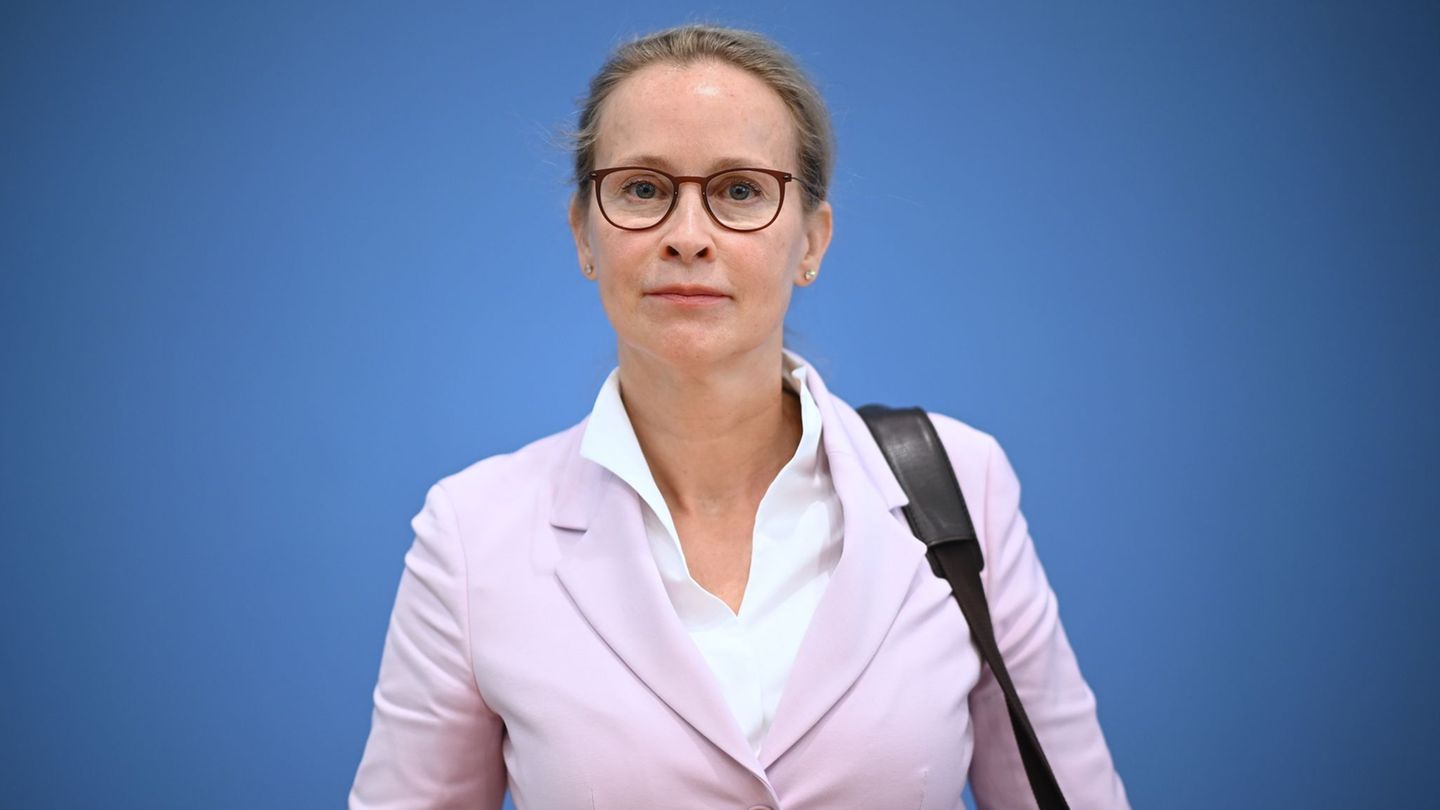It started on the first day of the Finance in Common Summit (FiCS)an event that brings together more than 500 Public Development Banks (PDB) and multilateral banks to strengthen financing for the public and private sectors, within the framework of the construction of the 2030 Energy Agenda and the Paris Agreement.
The summit, held for the fourth year, was attended by the president of the Inter-American Development Bank, Ilan Goldfajn. During the event, he stated that “innovative financial mechanisms will be essential to address complex challenges such as climate change, poverty and inequality” and stressed that much of this innovation will come from the combination of instruments offered by “multilateral banks and other development finance institutions. Paradoxically, the current head of the IDB served as director of the Western Hemisphere Department of the International Monetary Fund (IMF) from September 2021 to November 2022. He participated in the negotiations with the former Minister of Economy, Martín Guzmán, and the interlocutors of the former official They remember him as one of the “toughest representatives” in the intense dialogues they held to reach an agreement between Argentina and the organization.
In turn, the participant of the small table in the dispute over the cut in state spending at the request of the IMF, highlighted in the FiCS “the strengths of the public development banks” to fill “the gaps in the market” financing projects of economic and social impact.
For his part, the Corporate Vice President of Strategic Programming at the Development Bank of Latin America (CAF), Christian Asinelli, was also present, acknowledging that “what is being done is not enough”, alluding to the role of development in a region that is behind in terms of sustainable development, compared to the industrialized world, at the cost of climate crises, but with the emerging opportunities to overcome them through “green” technological progress. “The way out of poverty has to be fair, because we have many resources. If we don’t close the social and economic gaps, what we do here doesn’t make sense,” said the CAF authority.
The region is made up of 165 million inhabitants and concentrates a large part of the natural resources. Even so, according to Asinelli, it suffers from a serious resource distribution problem. “Latin America has 30% of fresh water, but there is a serious distribution problem. It is necessary to mark which are the works that must be financed to make an impact, stop floods, droughts and fires ”, he determined.
In the same sense, Natalia Dias, a member of the National Bank for Economic and Social Development of Brazil (BNDES), highlighted the importance of “improving the regulatory framework, investing in infrastructure and financial flows.” According to the specialist, “it not only has to do with increasing the size of the financing, but with how it is distributed.” She affirmed that only 25% of the BNDES flows are destined to low-income countries. Along the same lines, she assures that banks, through different financial mechanisms, “such as debt or risk swaps”, can provide technical assistance to projects that are difficult to finance.
The vice president of the European Investment Bank, Ricardo Mourinho Felix, assured that the problems of the next 20 years “are different from those of the 70s and 80s” because currently the commonwealth between public and private works is being discussed, and not only development of public infrastructure. To attract the sector, he suggests “betting on the creation of the green bond market, that the private sector trust these bonds worldwide” since “climate tragedies not only happen in the Caribbean, we had floods in the center of Europe, Austria, and now Spain. Like his peers, he also stressed: “You have to produce, but also share the production fairly. There is no reason to have another country in the world with rocks to treat lithium in other parts, you have to think about maximizing growth.”
Finally, for the development of the objectives proposed at the summit, Ana María Ibáñez, vice president of sectors of the IDB, highlighted the presence of the State for the evolution of human capital: “If we want to lift millions out of poverty, we must make decisions through state policies, through access to education and health”. According to her diagnosis, the region is one of the most vulnerable to climate change. In this sense, he highlighted with concern the effects of environmental deterioration in the Caribbean: “We still do not know what the cost of climate change will be, but we do see the cost of the natural disaster in the Caribbean, which loses 3.6% of GDP every year.”
Source: Ambito




